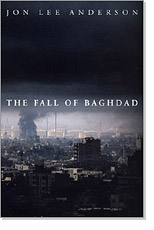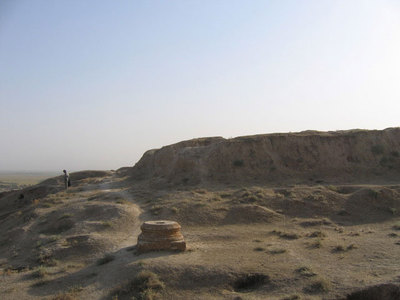
The New Yorker correspondent witnessed the fall of Saddam and the beginning of the uprising. But he fails to explore the destruction Saddam did to the souls of his people.
BY ANN MARLOWE
You’d guess it less and less from the news, but it’s easy to become infatuated with Iraq. As a measure of my own fascination, my heart leapt when I saw “Baghdad” on the departures board at Dubai Airport two weeks ago, although I was on my way to my first love among war zones, Afghanistan. Iraq felt like a might-have-been great romance. And I was not alone: One of my embedded reporter friends was nearly on the verge of tears when he left in May 2003 after two months of sand, heat and shooting. Baghdad is ugly and polluted and the situation continues to deteriorate. Yet journalists I know have returned again and again.
What grabbed us is the people, their warmth and paradoxical openness. They can give of themselves fully. My driver in Baghdad — everyone I knew there, and Jon Lee Anderson, too, bonded with their driver — spoke to me about his life. It felt no different from listening to a good friend. I am sure there are thoughts he did not want to share with an American, a non-Muslim and a woman, but he shared his feelings. This is a trait I’ve noticed in Afghans, too, and I’ve come to the conclusion that it is the one positive effect of living under oppressive or corrupt governments.
(more…)
